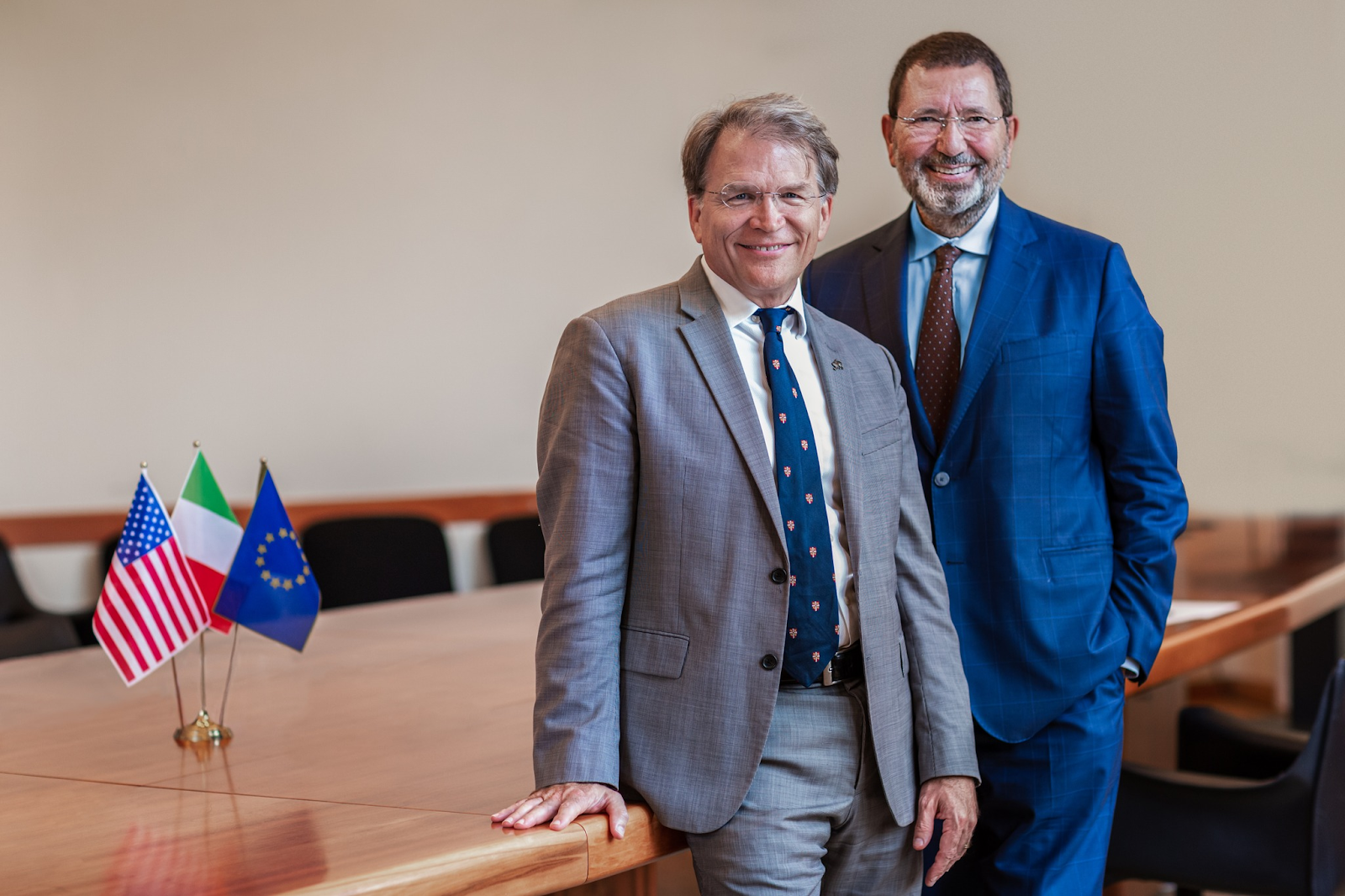I'm attending the 29th International Congress of The Transplantation Society (TTS 2022) | Buenos Aires - Argentina, and will speak in the first plenary session, on Access and Transparency in transplantation around the world. I'll be the third of three speakers:
Abstract
"Background and objectives Approximately 20% of deceased donor kidneys are discarded each year in the United States. Some of these kidneys could benefit patients who are waitlisted. Understanding patient preferences regarding accepting marginal-quality kidneys could help more of the currently discarded kidneys be transplanted.
Design, setting, participants, & measurements This study uses a discrete choice experiment that presents a deceased donor kidney to patients who are waiting for, or have received, a kidney transplant. The choices involve trade-offs between accepting a kidney today or a future kidney. The options were designed experimentally to quantify the relative importance of kidney quality (expected graft survival and level of kidney function) and waiting time. Choices were analyzed using a random-parameters logit model and latent-class analysis.
Results In total, 605 participants completed the discrete choice experiment. Respondents made trade-offs between kidney quality and waiting time. The average respondent would accept a kidney today, with 6.5 years of expected graft survival (95% confidence interval, 5.9 to 7.0), to avoid waiting 2 additional years for a kidney, with 11 years of expected graft survival. Three patient-preference classes were identified. Class 1 was averse to additional waiting time, but still responsive to improvements in kidney quality. Class 2 was less willing to accept increases in waiting time for improvements in kidney quality. Class 3 was willing to accept increases in waiting time even for small improvements in kidney quality. Relative to class 1, respondents in class 3 were likely to be age ≤61 years and to be waitlisted before starting dialysis, and respondents in class 2 were more likely to be older, Black, not have a college degree, and have lower Karnofsky performance status.
Conclusions Participants preferred accepting a lower-quality kidney in return for shorter waiting time, particularly those who were older and had lower functional status."
HT: Martha Gershun

.jpg)






